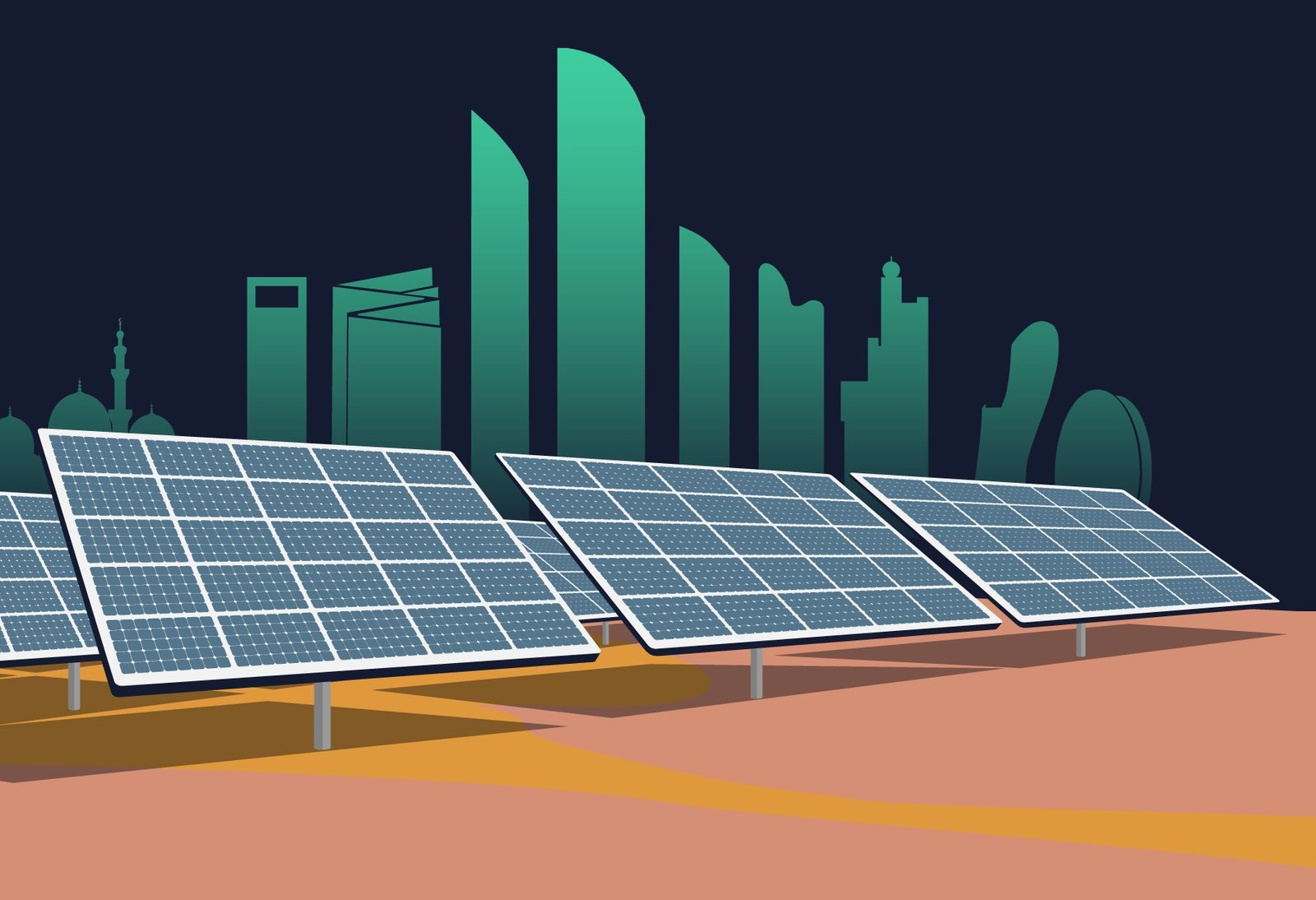Qatar has more than doubled its installed solar power capacity following the inauguration of two new photovoltaic power stations at Ras Laffan and Mesaieed, as the Gulf state accelerates efforts to meet its clean energy targets and diversify electricity generation.
The Ras Laffan and Mesaieed solar facilities, formally opened by Amir Sheikh Tamim bin Hamad Al-Thani on Monday, have a combined capacity of 875 megawatts (MW), raising the country’s total solar generation to 1,675 MW.
The expansion is a major milestone in Qatar’s transition towards low-carbon energy sources under its National Vision 2030 strategy.
Speaking at the inauguration, Saad Sherida Al-Kaabi, Minister of State for Energy Affairs and CEO of state-owned QatarEnergy, said the new plants will cut carbon emissions by an estimated 4.7 million tonnes annually and meet around 15% of Qatar’s peak electricity demand. That figure is expected to rise to 30% by the end of the decade when the 2,000 MW Dukhan solar project comes online in 2029.
“These facilities represent a vital step in fulfilling QatarEnergy’s commitment to generate over 4,000 MW of renewable power by 2030,” Al-Kaabi said. “They are also a key part of our national strategy to reduce greenhouse gas emissions, support sustainable development, and lessen dependence on hydrocarbons in electricity production.”
Fully owned by QatarEnergy, the two solar parks are designed to international standards and are expected to play a dual role — powering sections of QatarEnergy’s industrial operations while also feeding the national grid.
Officials said the sites will contribute to the decarbonisation of Qatar’s energy-intensive sectors and enhance overall grid resilience.
Al-Kaabi noted that the projects were developed using local expertise — a shift from previous reliance on foreign technical support — and highlighted the involvement of engineering firms including Samsung, Siemens, and Technip.
In addition to a site tour of control systems and utility infrastructure, the Amir viewed a documentary outlining the plants’ construction and their role in supporting environmental stewardship. The event was attended by senior government officials, energy executives, and project stakeholders.
Qatar is investing heavily in clean energy infrastructure, offering fiscal incentives and regulatory reforms to attract private investment in renewables.
It is also backing research in solar storage, panel efficiency, and grid integration while promoting public awareness and training programmes to build local capabilities in the renewable energy sector.





